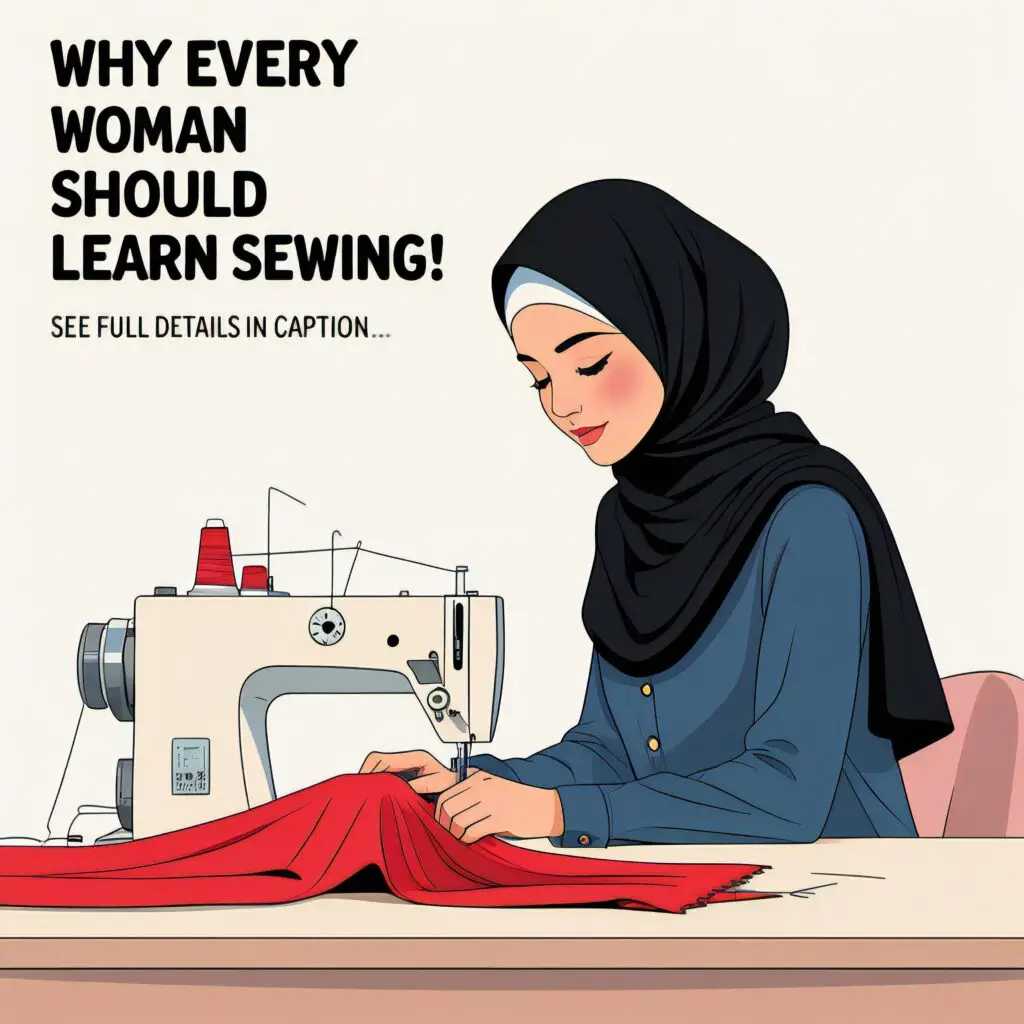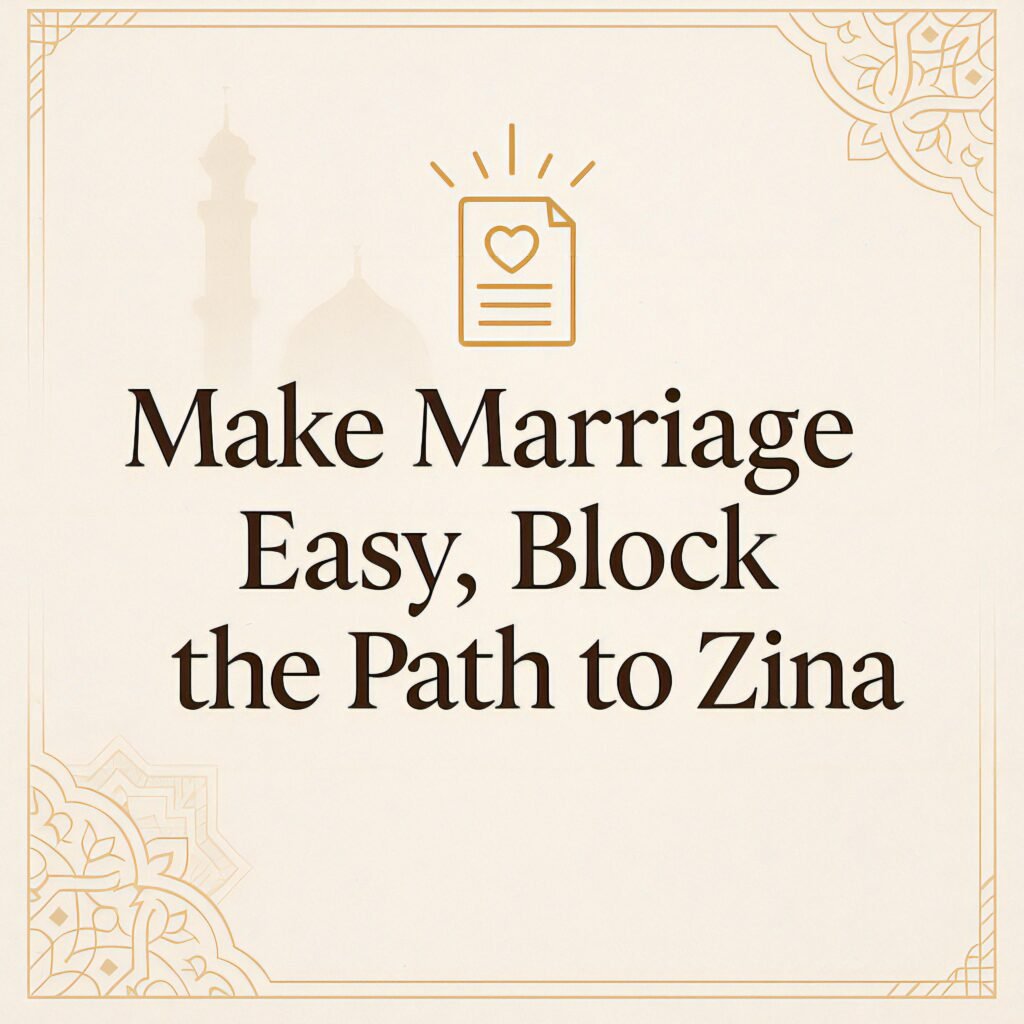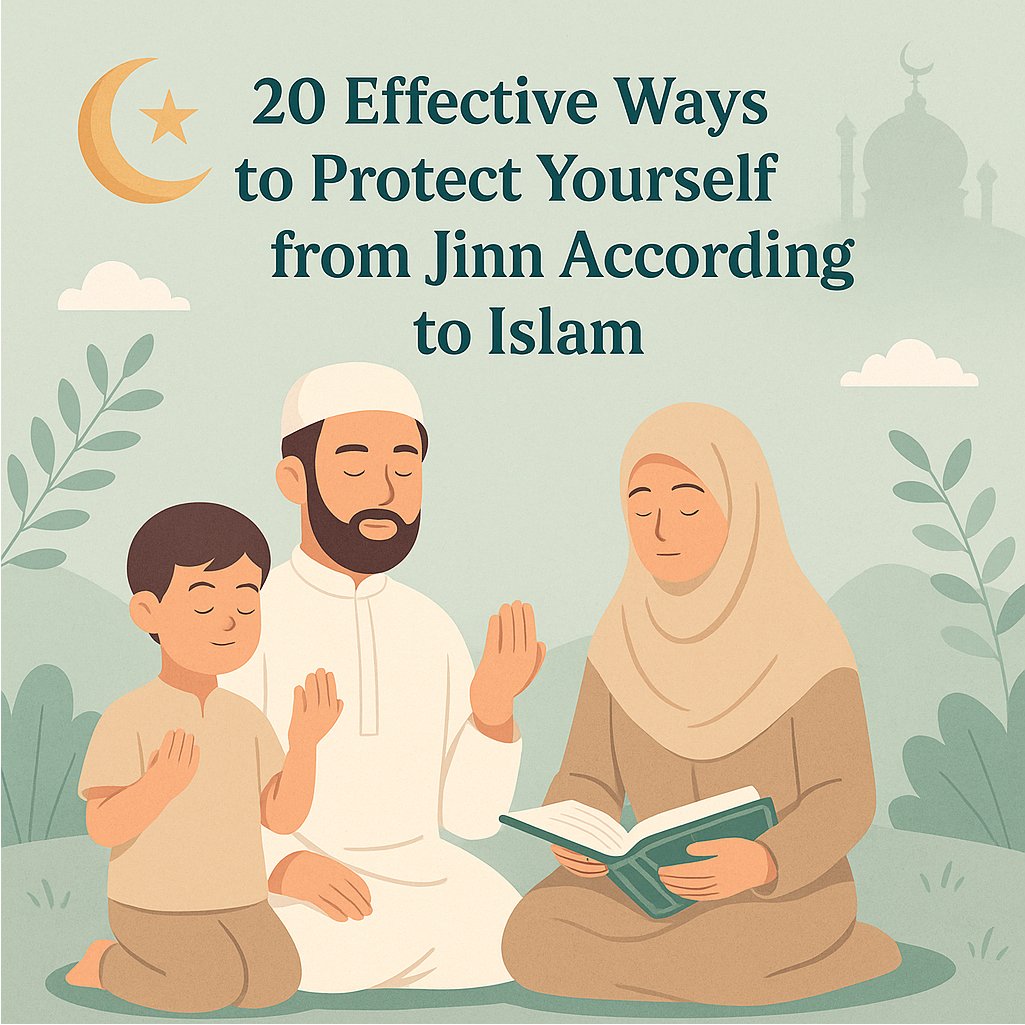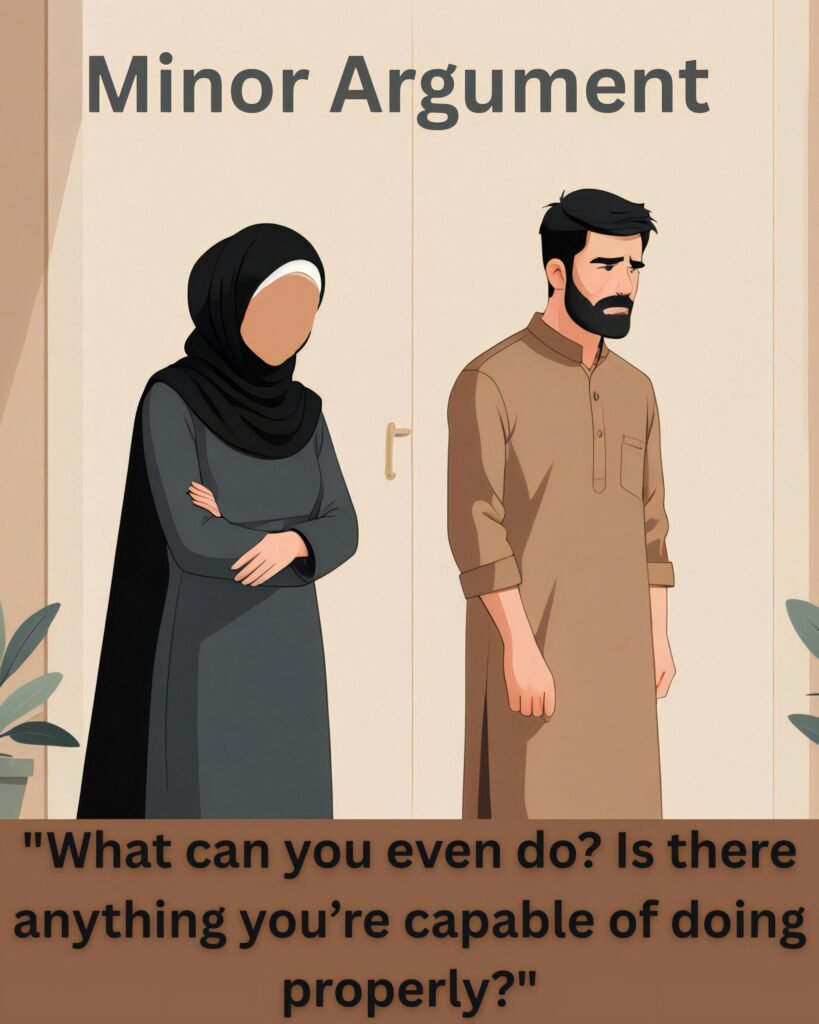How Economic Stability Helps Protect Dīn: Islamic Guidance on Family Pressure, Halal Income, Education Challenges, Business Roadmap, and Youth Empowerment for Muslim Students
After receiving guidance or understanding of the Dīn, your main task will be to think about economic stability.
To protect the Dīn, you cannot remain weak.
If you do not think about it from the very beginning, after graduation you will fall into a system.
The family structure of Bangladesh will never allow you to remain firm upon guidance.
And with the amount of family demands, they will not be satisfied with your small income.
Whether the income is ḥarām or ḥalāl does not matter to them.
Systemic education will become a thorn in your throat when it comes to preserving the Dīn.
Marriage, which is necessary to protect one’s character, also depends on your income.
They will not weigh you according to whether you are 30 or 35 years old. Until you get a job, you are considered a child. This is the real mindset of current families.
Our generation, even though it receives an understanding of Dīn, cannot remain firm upon it. One of the main reasons is being lost due to economic issues.
Most brothers ask for a roadmap — what can be done, please give advice. But giving advice is an extremely difficult task, because I do not know the situation of the entire country.
Which market, which spot, what type of business can be done — that has to be found out by the local brothers.
The natural instinct of men to seek income — modern education has destroyed that.
Because in studies, one must climb one step after another. By the time one completes graduation, then comes the challenge of economic concern. By then, everything is over.
Those who have not yet stepped onto the stairs of honors level study, they have no family pressure. Whatever they start, there is no loss in it. And whatever you start, it takes time to succeed. Your familiarity in business or work gradually increases.
Let me explain the matter a little more simply. I have seen many boys in my area who, at the age of 15/17, went to work as employees in different business organizations. From being employees, they gradually learned the line.
At one stage, they themselves started their own businesses.
Their becoming businessmen in this way brought success quickly. But someone who suddenly invests lakhs of money into business ends up with losses.
You should understand these matters.
In Dhaka city, you will see that most businesses have risen from employees.
I mentioned this because if you start something from the SSC level, and stay committed for a few years, you will automatically become established — no matter which profession it is.
This does not mean that you must wait for every profession. Some professions are such that if you start today, you will earn today. Ego is one of the greatest enemies of independent professions.
On Protecting Deen Through Strength:
The Prophet ﷺ said:
“A strong believer is better and more beloved to Allah than a weak believer, while there is good in both. Strive for that which benefits you, seek help from Allah, and do not give up.”
— [Sahih Muslim, Hadith 2664]
On Seeking Halal Sustenance:
The Prophet ﷺ said:
“It is better for any of you to take a rope and bring a bundle of wood on his back and sell it, rather than ask someone for something (alms).”
— [Sahih al-Bukhari, Hadith 2072]
Relevance: Emphasizes striving for self-sufficiency and earning through permissible means rather than depending on others, linking directly to your point about economic stability and supporting Dīn.
On Responsibility and Planning:
The Prophet ﷺ said:
“The hand that gives is better than the hand that receives.”
— [Sahih al-Bukhari, Hadith 1412]
Relevance: Encourages earning and contributing, linking to your advice that starting early and gradually building income is better than waiting for sudden wealth.
On Balancing Worldly Needs and Faith:
The Prophet ﷺ said:
“The believer does not fill a vessel worse than his stomach. He should keep a few morsels for his back and a few for his family. For a third for his food, a third for his drink, and a third for his breath.”
— [Sunan Ibn Majah, Hadith 3349]
Relevance: Emphasizes moderation, planning, and balancing worldly needs with spiritual obligations.
Collected








